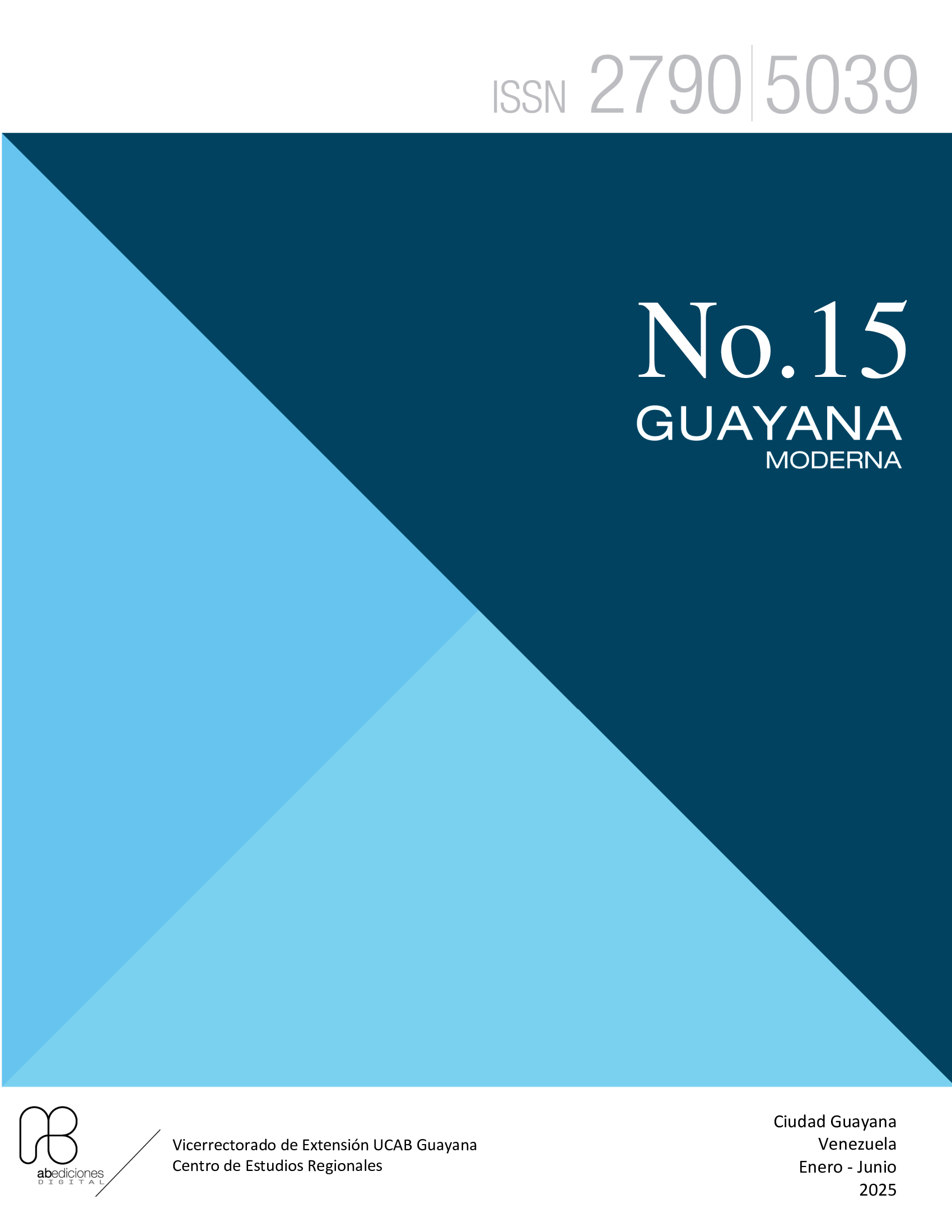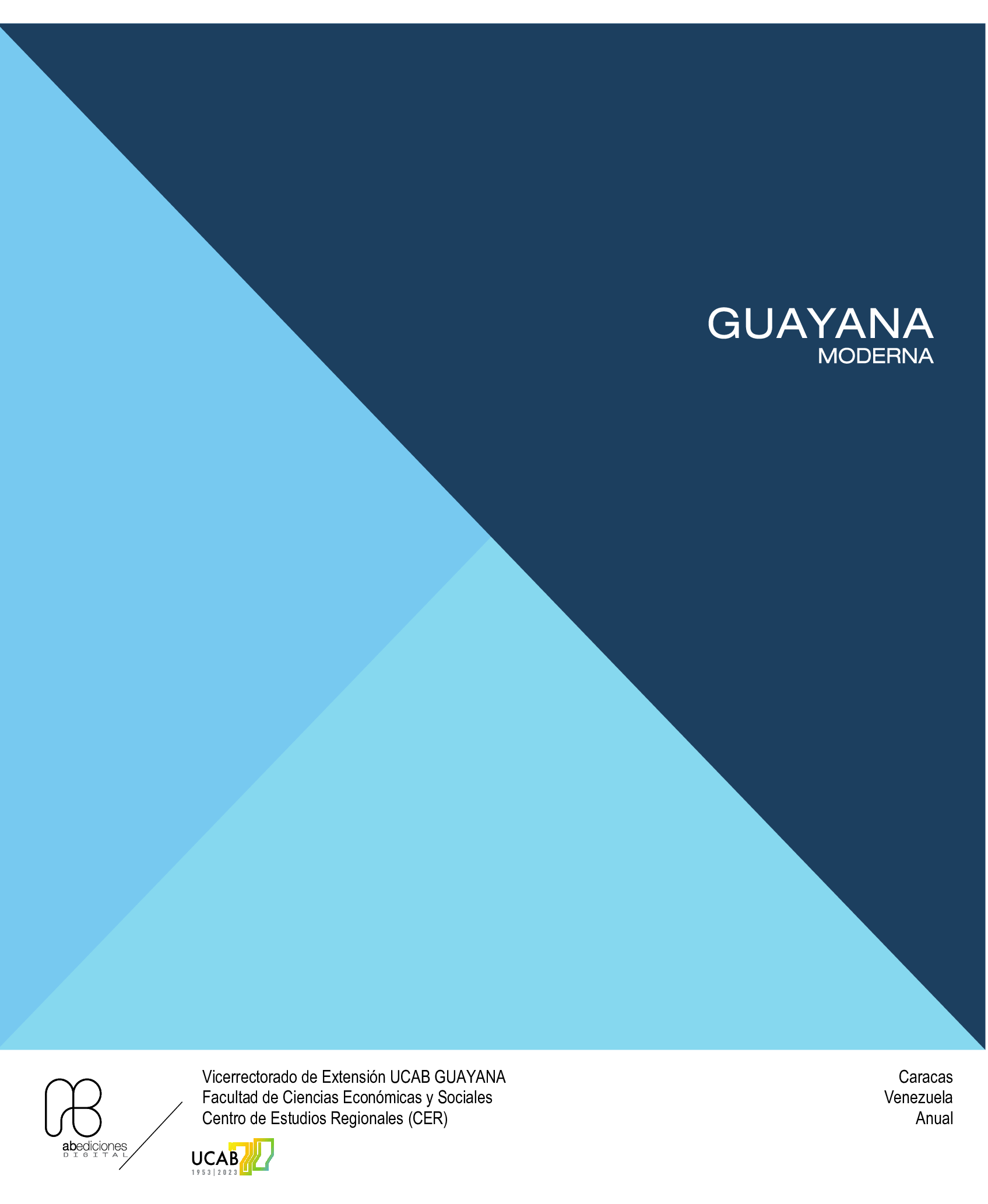Some reasons of the Venezuelan government for take control of companies in crisis
DOI:
https://doi.org/10.1234/gm.v14i15.7101Keywords:
Protección, social, trabajo, nacionalizaciónAbstract
This article analyzes the problem of government intervention in companies in Venezuela in the last two
decades, in particular, those cases in which companies fail to comply with the Organic Law of Labor for
Workers and Organic Law of Fair Prices, illegally close, abandon or go bankrupt by decision of their
shareholders or managers. The main hypothesis is that the temporary occupation of companies, although
intended to protect labor rights and reactivate production, can lead to an abuse of power that violates
constitutional rights and reduces investment and productivity. To examine this hypothesis, a qualitative
documentary methodological approach was used and a comparative analysis of the phenomenon of closing
doors in several countries was carried out, evaluating the regulations and practices related to state intervention
in companies in crisis situations. Specific cases in Venezuela in which the Ministry of Labor allowed
temporary occupation were also analyzed. This study presents a perspective on the way in which the
Venezuelan government controlled the interventions of companies and is based on the need to establish a
unified, organized legal system that provides legal protection. The Problem leads us to reflect on whether the
state is effectively protecting work and workers or is justifying its intervention in private companies to avoid
the procedures and compensation established by the Law of expropriation for public utility.








